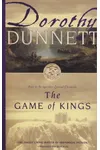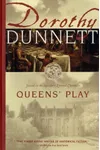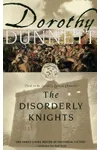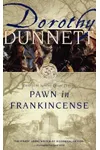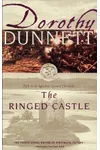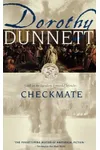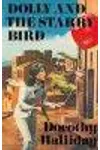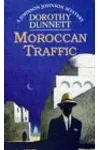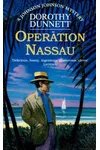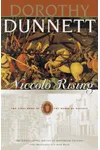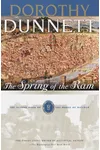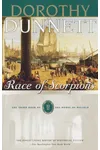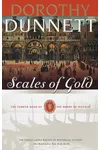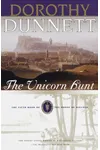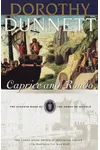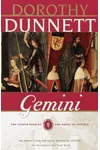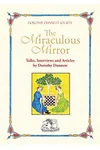Picture a Scottish storyteller who wove Renaissance Europe into spellbinding sagas—meet Dorothy Dunnett! Born in 1923, this historical fiction maestro crafted intricate tales like the Lymond Chronicles, blending meticulous research with swashbuckling adventure. A Renaissance woman herself, Dunnett’s life as a painter and cultural advocate added vibrant strokes to her literary canvas, captivating readers worldwide.
Her novels aren’t just stories; they’re time machines, whisking you to 16th-century courts and 15th-century markets with a cast of unforgettable characters. Let’s dive into the life and legacy of this literary gem!
The Making of Dorothy Dunnett
Born Dorothy Halliday in Dunfermline, Scotland, on August 25, 1923, Dunnett grew up in Edinburgh, soaking up the city’s rich history. Educated at James Gillespie’s High School for Girls, she honed her artistic talents early, later becoming a professional portrait painter. Her career took a literary turn in the 1950s when, frustrated by a lack of good reads, her husband, Alastair Dunnett, suggested she write her own. The result? A debut novel, The Game of Kings, that launched her into historical fiction stardom after overcoming rejections from five British publishers.
Dorothy Dunnett’s Unforgettable Stories
Dunnett’s Lymond Chronicles, a six-novel series published between 1961 and 1975, follows Francis Crawford of Lymond, a charismatic Scottish nobleman navigating 16th-century Europe. From Scotland to the Ottoman Empire, the series dazzles with its blend of political intrigue, romance, and razor-sharp dialogue. The Game of Kings introduces Lymond’s enigmatic return from exile, while Checkmate ties up his saga with emotional depth.
Her eight-book House of Niccolò series, spanning 1986 to 2000, shifts to the 15th century, tracing Nicholas de Fleury’s rise from a Bruges dyer’s apprentice to a merchant banking titan. This prequel to the Lymond Chronicles explores far-flung locales like Timbuktu and Venice, showcasing Dunnett’s knack for vivid settings and complex characters. Her standalone novel, King Hereafter (1982), reimagines Macbeth as Thorfinn, Earl of Orkney, blending meticulous research with a bold historical hypothesis.
Dunnett’s style is dense yet rewarding, peppered with literary allusions, multilingual flourishes, and historical accuracy. Her novels demand focus but repay readers with immersive worlds and emotional resonance, earning her a devoted fanbase.
Why Dorothy Dunnett Matters
Dunnett’s impact transcends her novels. Her meticulous research set a gold standard for historical fiction, inspiring authors like Guy Gavriel Kay. Fans, from NPR’s Alaya Dawn Johnson to everyday readers, credit her with sparking their love for writing and history. The Dorothy Dunnett Society, founded by her admirers, keeps her legacy alive through events and publications like Whispering Gallery. In Scotland, her advocacy for culture—through roles at the National Library and Edinburgh Book Festival—cemented her as a cultural icon.
Her work’s enduring appeal lies in its ability to make history feel alive, relevant, and deeply human. In 1992, she was awarded an OBE for her contributions to literature, a testament to her far-reaching influence.
About Dorothy Dunnett
- Born: August 25, 1923, Dunfermline, Scotland
- Key Works: The Lymond Chronicles, House of Niccolò, King Hereafter
- Awards: Officer of the Order of the British Empire (OBE), 1992
- Died: November 9, 2001, Edinburgh, Scotland
Ready to time-travel with a master storyteller? Snag The Game of Kings and dive into Dorothy Dunnett’s thrilling historical adventures!
